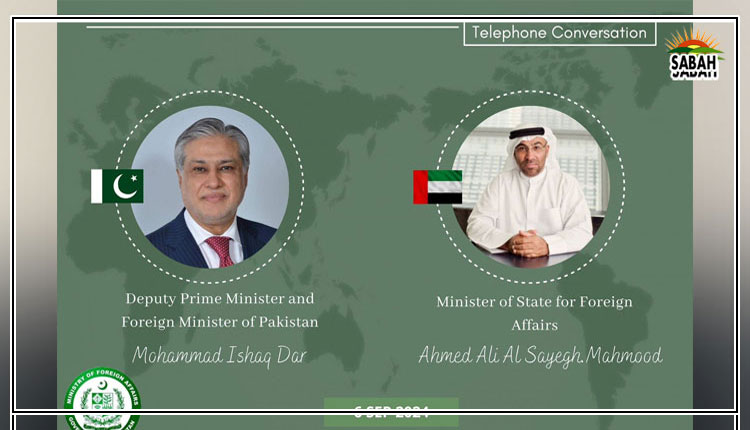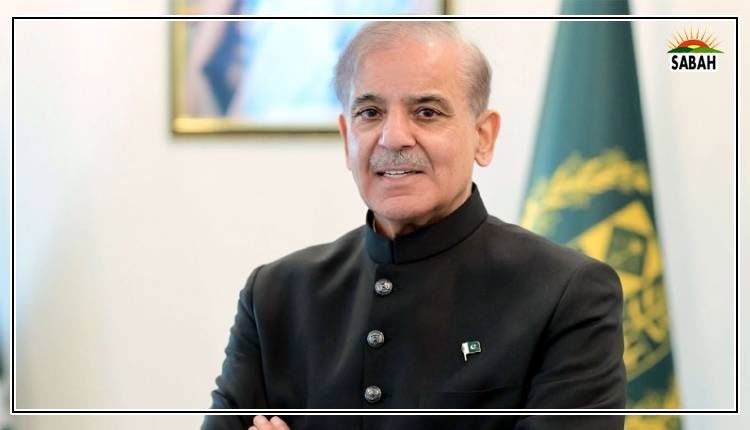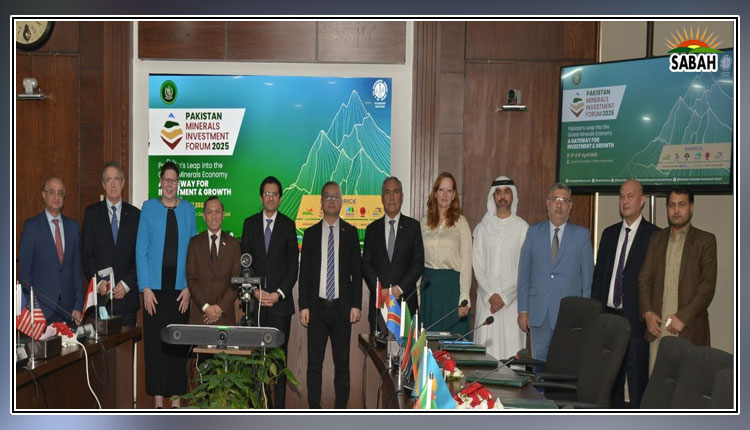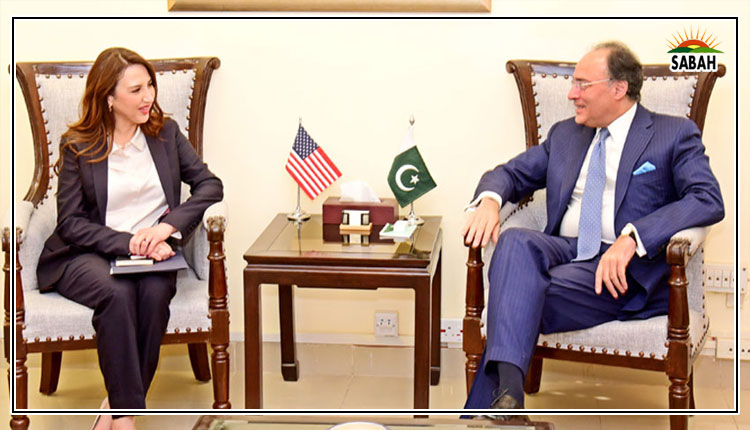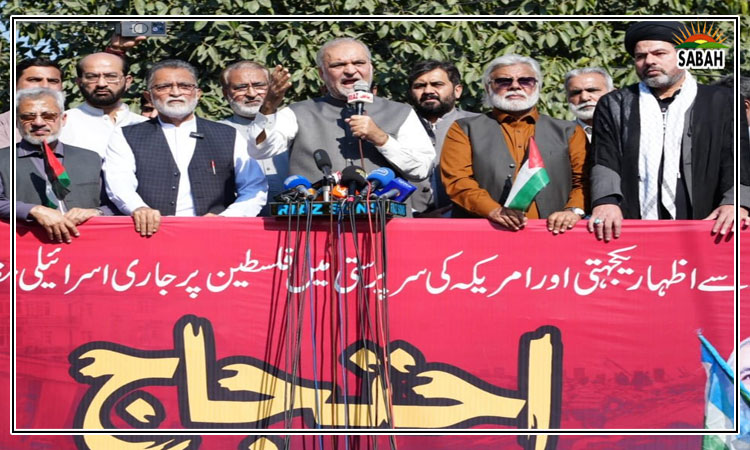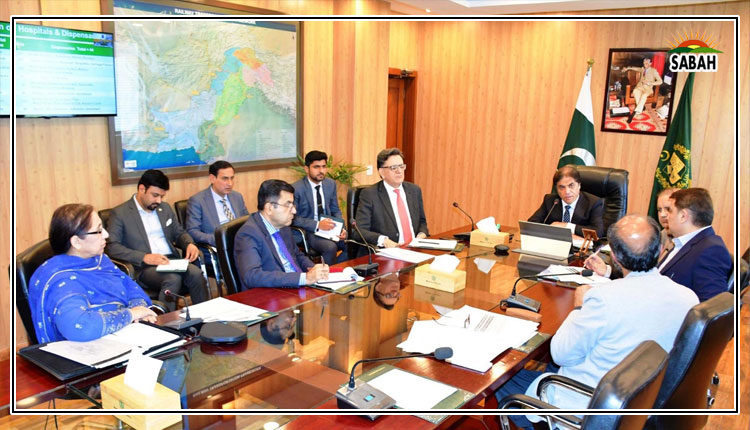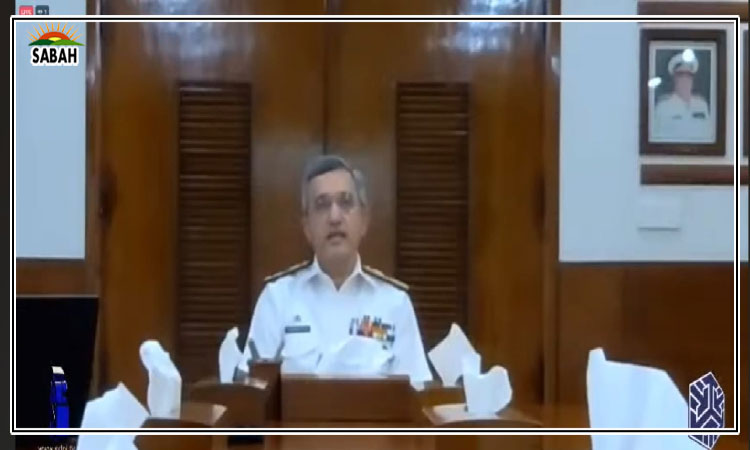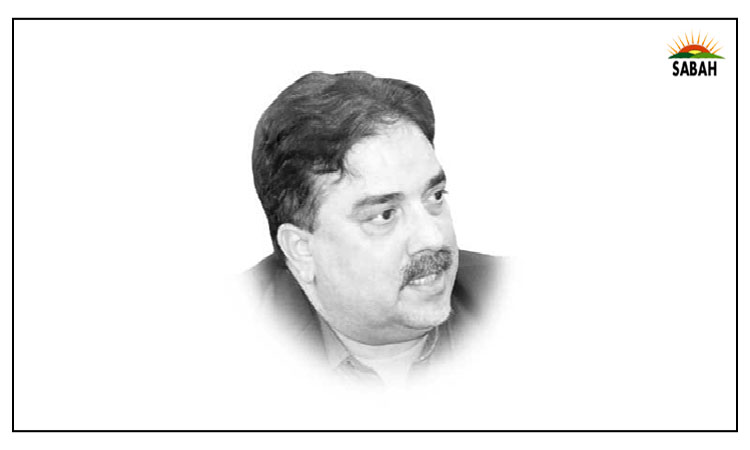Pakistan’s inclusion in BRICS is the way to go ….. Ishtiaq Ali Mehkri
Mushahid Hussain Syed, the visionary political pundit and a seasoned parliamentarian, has rightly put Pakistan on the radar of BRICS. Participating as a debut Pakistani on the bloc’s forum at Vladivostok, Senator Mushahid called for Islamabad’s inclusion in BRICS, citing a desire to join the emerging global order as an indispensable geopolitical player from South Asia. This proposition will go a long way in augmenting the collective strength of the economic bloc, which has a combined GDP of around $26 trillion, comprising 32% of world’s growth.
Pakistan in principle has an economy of $1 trillion, formal $340 billion and informal $457 billion, putting it on the collage of 10 biggest economies. Moreover, as it sits at the crossroads of an evolving Chinese BRI, the grandiose world connectivity network, there is a lot that India, Russia as well the new incoming members of BRICS such as the UAE, Saudi Arabia and Turkey can gain from Pakistan’s diplomatic and human-potential synergies.
The ingenious, who is also chairman of Senate Defence Committee and heads a think tank, was on the mark as he expressed his disgust over the decimating state of affairs of Pax-Americana that has pushed the world to the brink. A discriminatory economic order that the West zealously tries to guard, as the hallmark of its suzerainty, has furthered the North-South divide. This is why the rise of blocs such as five-member, but expanding, BRICS and the Shanghai Cooperation Organisation are looked up to with awe by the developing states in an attempt to carve out a new international framework realising the cherished goals of peace security and development for all.
The identification of three key trends for BRICS by the learned scholar, who also eagerly pushes the envelope of political reconciliation at home, is worth a thought. Mushahid earnestly made a point as he spelt out “…democratising international relations through equality and the rule of law; demilitarising global interactions to avoid Cold War tensions; and depolarising the financial system to reduce the political power of the US dollar.”
The ‘3Ds’ could be rated as the preamble for new cooperation between the East and West, and could only see the light of the day if struggling developing states are on board of a forum that believes in apolitical global economics, and not one that comes at the cost of socio-political marginalisation and deprivation. The way the West has preferred to fan the anger and revulsion in Ukraine and Palestine are cases in point, soliciting good sense to prevail before it gets too late.
Pakistan from the forum of BRICS can act as a catalyst in bringing serenity and development. While rubbing shoulders with India, the puzzle of an incomplete geo-economics can come full circle, liaising greater interaction in the region and beyond. While the current multilateral tilt of pitching one against the other, QUAD for example and US’s China-bashing, go onto rest credence on Russia’s Eurasian Security proposal and China’s Global Security Initiative. An expansive BRICS, which will reflect South-South empowerment, could be an institutional answer to the divergent and divisive dilemmas of our times.
Time for Russia, the current year’s chair, to endorse Pakistan’s candidature, and to see to it that its 240 million populace, with a 100 million tech-savvy youth, becomes part of regeneration and not regression in the region. From tapping the minerals to energy mosaic, there is much that Pakistan can offer to BRICS, and at the same time be a welcome recipient of the latter’s largesse in addressing regional fissures.
The neo-economic multilateralism will surely bring in dividends for Pakistan, especially as it has already exhibited its courage and conviction to trade in yuan and rouble, to overcome the incapacity of its dollarised economy. This new real-politick doctrine, proposed by the polymath Senator, will be a renaissance for Pakistan in reshaping its foreign and economic policies.
Courtesy Express Tribune


